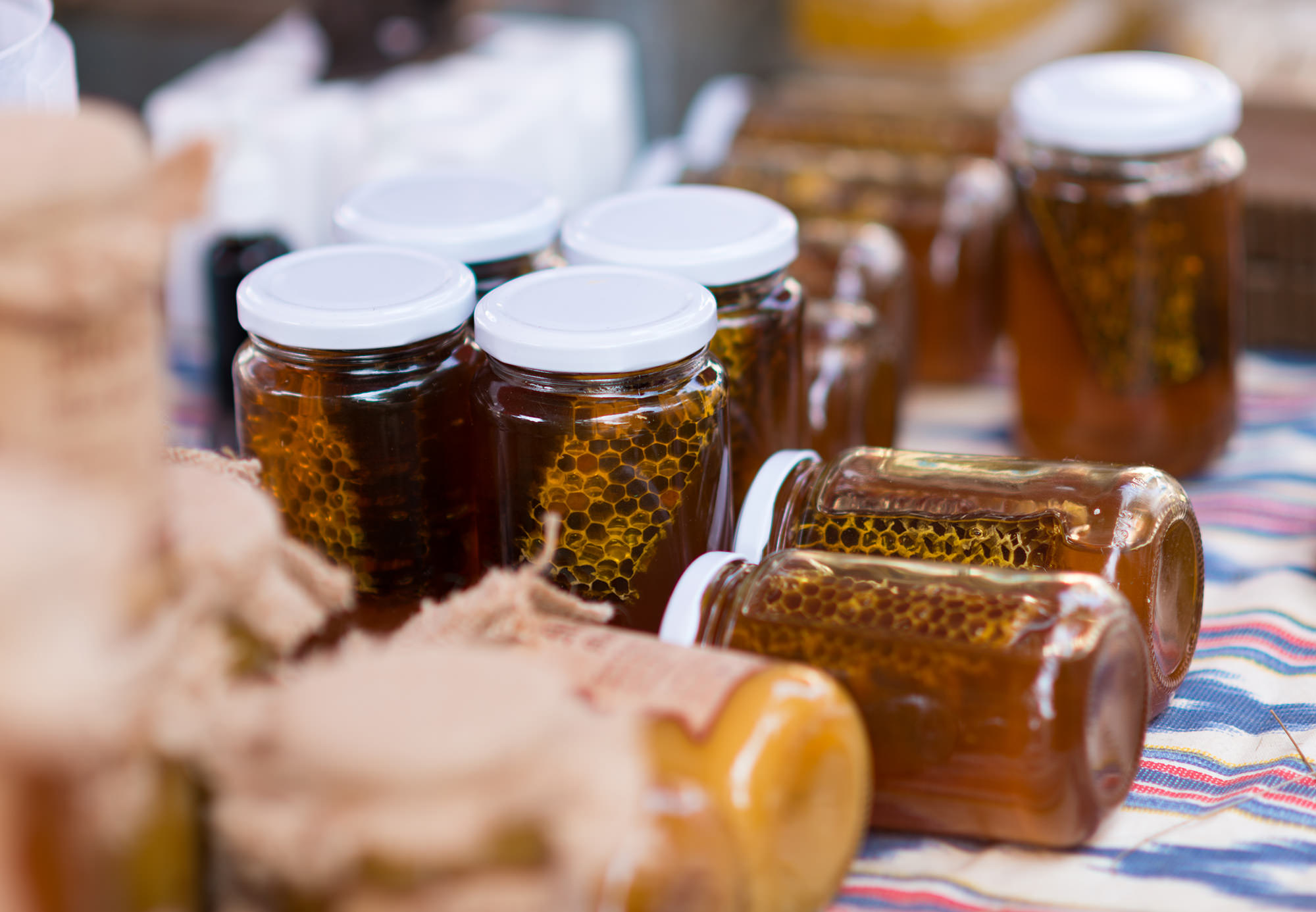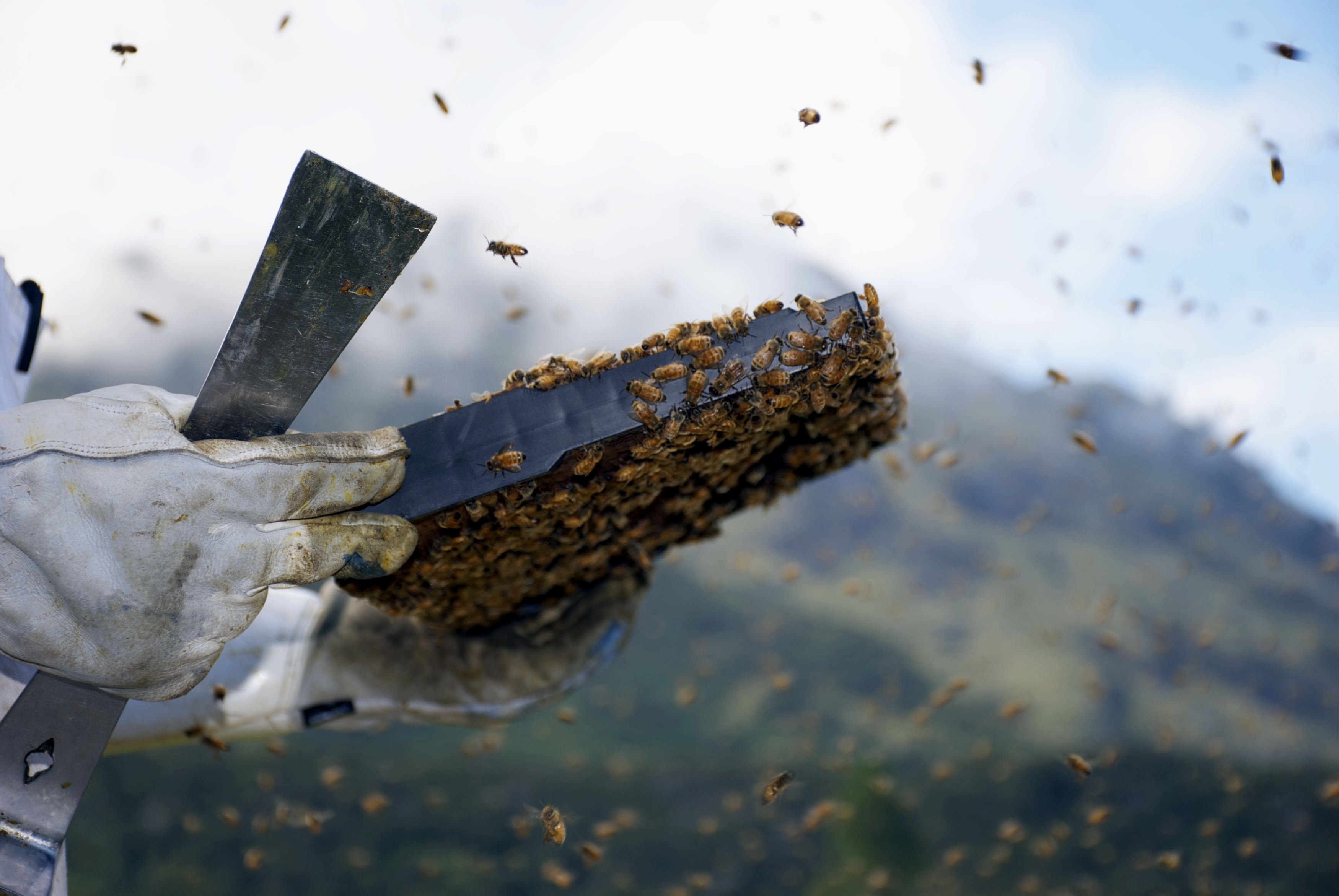Late in 2016, bees were added to the US endangered species list for the first time. Several different species of bees were added to the list, including multiple bees native to Hawaii, as well as the midwest bumble bee, known to scientists as the Bombus affinis. This bumble bee population has plunged almost 90% in the past three decades.
It’s not that big of a deal, right? It’s never a good thing to add an animal to the endangered species list, but some might argue that it’s just part of evolution: when a species dies off, the ecosystem adjusts. Right?
Not exactly.
When the bees lose, we lose.
Bees being added to the endangered species list is, in fact, a big deal. Bees are a crucial part of a very complicated ecosystem that gives us our food. In fact, about 75% of the world’s food crops depend at least partially on pollination. That means there is a whole host of foods that we would be at risk of losing if bees were to become extinct. Coffee, tea, most fruits and vegetables, and many varieties of nuts depend on pollinators in order to grow.
The risk of collapsing ecosystems.
It’s not only nuts and produce that’s at risk. The livestock we depend on for meat and dairy products depend on pollination for grains and field beans as well. Tons of species of animals in the wild depend on the fruit, nuts, and seeds that bees pollinate. To lose pollinators would greatly affect entire ecosystems in big ways.
The economic risk.
You might already be thinking about the snowball effect here. When ecosystems this large are at risk, so is our economy. In fact, “The annual value of global crops directly affected by pollinators” ranges from $235 billion to $577 billion” says a UN sponsored report.
This vast decline in bee populations put food security at risk, in the US and around the world. According to the White House under the Obama Administration, honey bees enable the production of at least 90 commercially grown crops in North America. That’s a big number, and the repercussions could be detrimental to our job security, our health, and our overall economy.
So, what can you do?
Don’t use pesticides at your own home and buy organic produce.
Sure, pesticides and chemicals may make your yard and garden look pretty, but they’re extremely damaging to bees’ systems. Pesticides are one of the major culprits of Colony Collapse Disorder, which is where entire worker bee colonies abandon their hive and queen. This phenomenon has already caused significant economic loss in the agricultural sector.
Not only do pesticides harm bees and other pollinators, but weeds like dandelions, clovers, and wildflowers which you might be trying to get rid of can actually help bees as well. Let your weeds bloom first so the bees can benefit, and then cut them down.
Do your part to fight climate change.
As Merrit Kennedy of NPR explains, “The seven endangered species are impacted by a wide variety of threats, including habitat destruction because of urbanization or nonnative animals, the introduction of nonnative plant species, wildfires, nonnative predators and natural events such as hurricanes, tsunamis and drought.”
Most of factors so strongly affecting the bees are in some way linked to human action and climate change. So, do your part to help protect our planet, for yourself and the bees!
Learn the truth about bees: they’re not out to get you!
Growing up, many of us are taught that bees are scary. We run away from them in fear they will sting us. In reality, honeybees are vegetarians, and most of them only sting when they are trying to protect their young or their hive (and several species actually die after they sting a human).
Many people lump bees and wasps together, when in fact they are very different. This differentiation is important in order to understand bees and treat them accordingly. Wasps might try to steal your picnic away from you and are also more likely to sting in their own self defense. Bees only want to get to the next flower! So stay out of their way and stay calm; don’t agitate them. Unless you accidentally step on one with your bare foot, you’ll be fine.

Buy local, raw honey.
Buying raw honey from a local beekeeper keeps the bee business running. Not only that, but much of the honey you find in grocery stores is not even real honey, as it’s been ultrafiltered, tampered with, and contains no pollen!
Use your voice to affect policy change.
The best way to bring about change is often from the top down, and there is a great deal that lawmakers can be doing to better protect our bee populations (like creating regulations that prohibit the use of certain chemicals). Call your representatives, sign a petition, use your voice.
Find out if your city has a beekeeper or beekeeper association … and get involved!
The more we know about something, the more we care. The more we care, the more we share with others. Get involved and become an advocate for these insects which are so precious to our ecosystem!

Shop Pillows
The Essential Organic Pillow Collection
Gentle, breathable, non-toxic support.






